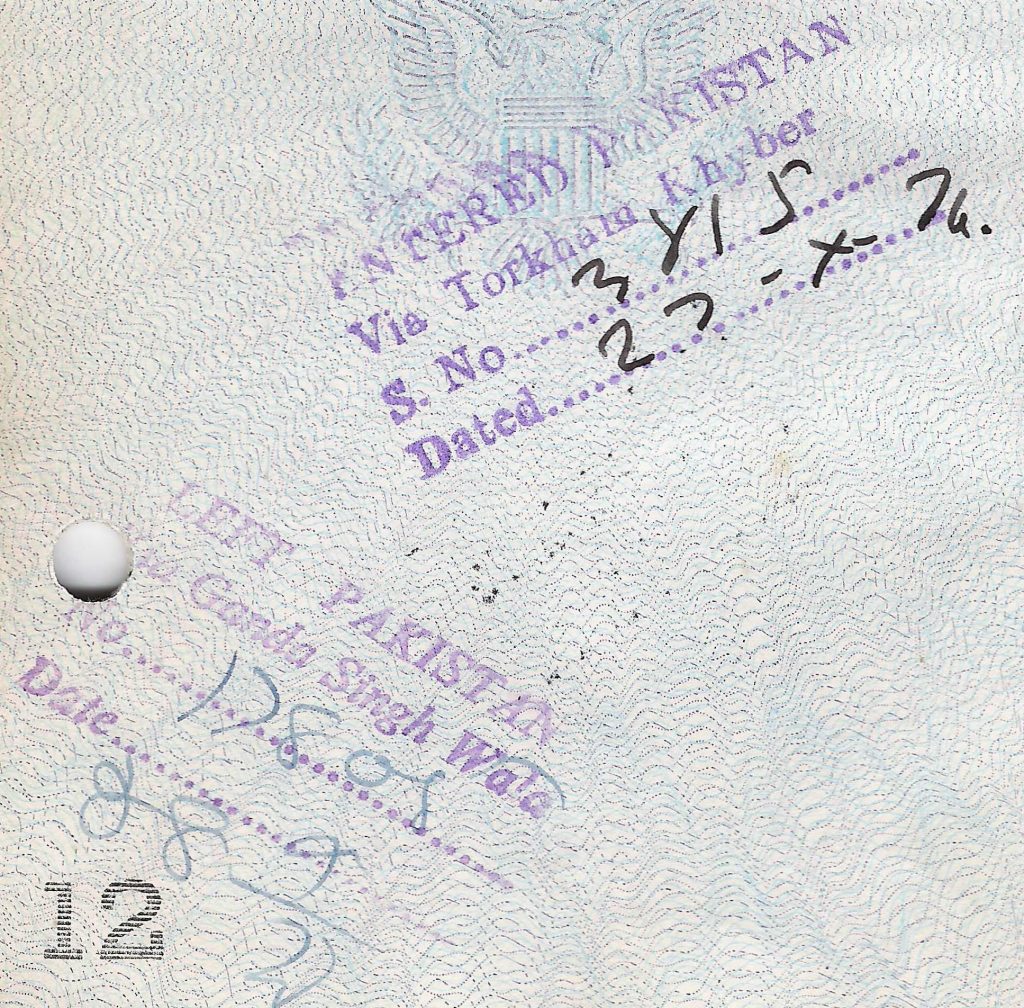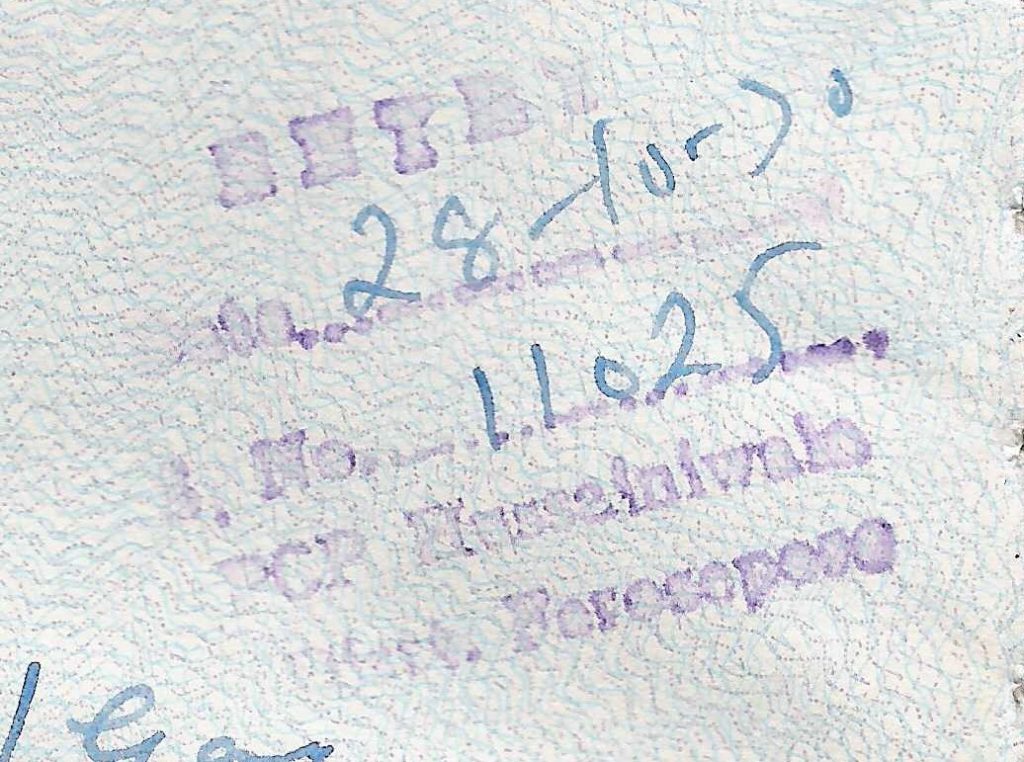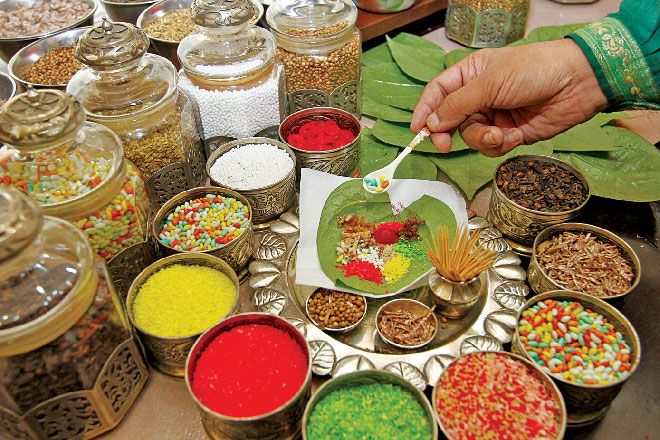My traveling companions and I left Kabul and drove to the border with Pakistan another 150 miles east. The ride from Kabul down to the plains of Pakistan and India was harrowing as the road twisted through the Kabul Gorge, sheer cliffs on one side and a sharp drop on the other side to the river below. The border crossing into Pakistan was fairly smooth. Following the path of the ancient Silk Road, we drove through the Khyber Pass and on east toward India.

In Peshewar, we were able to book spots on a train heading for Lahore. It was the first of my many experiences with the vast railway system that the British built on the Indian subcontinent. Even though the railway system clearly showed signs of wear and tear, it certainly seemed luxurious after weeks on the road through Turkey, Iran and Afghanistan. We reached Lahore and the border with India after spending only a single day in Pakistan.

What a relief it was to cross the border into India on October 28. One chapter of my adventure was over; the next chapter was just about to begin. I had been on the road by now for nearly a month and a half. I had traveled about 5,000 overland from Luxembourg. Traveling and experiencing a spectrum of different cultures had helped in part to prepare me for the dizzying diversity of humanity that I was about to encounter in India. This is not to say that anything can truly prepare a Westerner for India.
In Firozpur, my companions and I boarded the train for New Delhi, a rail line established in the late 1800s. Once in New Delhi, we found wonderful lodging at a youth hostel housed in a 14th century hunting lodge, which was used by the kings of India when the area was all forest. The cost for pitching my tent in the courtyard was 1 rupee (less than 25 cents) a day. For that sum I got the use of the toilet, running water for part of the day and security for my belongings.
After being able to trust almost no food for the last three weeks except for flatbread and kebabs, the vast array of Indian food was a marvelous treat. Some restaurants offered full vegetarian meals for 2 rupee. I quickly became addicted to finger foods such a cheese pakoras and various kinds of samosas. I also began to experiment with paan. Paan is a digestive aid and stimulant. It’s a betel leaf stuffed with various ingredients—nearly always chopped betel nuts and slaked lime—then folded into a triangle or rolled. Paanwalas have tiny shops and can make any combination of ingredients to suit each customer. After chewing, you can either spit out the red juice or swallow it. As I newbie, I spat.

In my next post, I will share some of my first impressions of the seemingly endless variety of humanity on this vast subcontinent.

